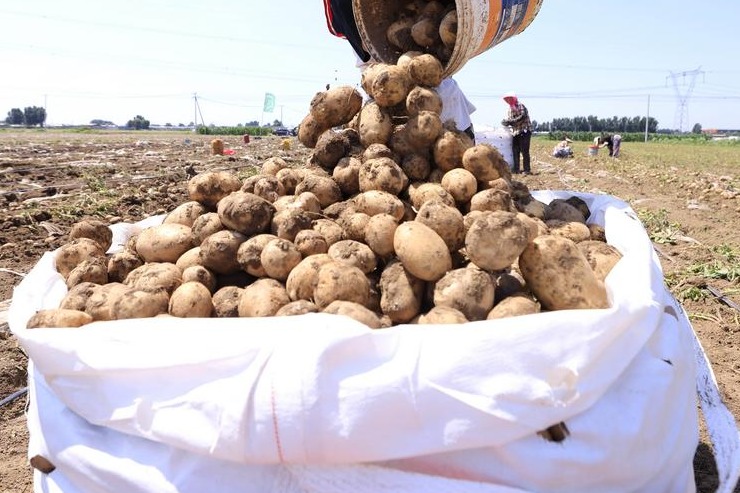Human factors play a major part in delaying land supply

Last month the government released the annual progress report on the Long-Term Housing Strategy (LTHS) adopted in 2014. This yearly reporting exercise on the progress of long-term housing aims to make it a living document so it can be implemented in a dynamic way. The report gives forecasts about housing demand for the next 10 years. This approach aims to lead to more realistic and updated forecasts on housing demand as market conditions change rapidly.
According to the latest progress report, the projected housing demand remains at 460,000 units in the next 10 years. Public housing will account for 60 percent or 280,000 units. Within the 280,000 public housing units, 200,000 units will be designated for public rental housing. In terms of numbers, there is not much change over the past two years. In other words, despite all the hard work done by the government, the problem of a housing shortage in Hong Kong has only stopped getting worse, rather than improving. Production of housing units still cannot meet the strong demand for housing in Hong Kong.
The demand for public housing remains very high as we are facing the problem of an acute shortage of land. According to the progress report, even if all the available land resources can be used for housing purposes, there will still be a shortage of 44,000 public housing units for the planned period. Land shortages remain the main thing affecting housing supply.

As a result of land and housing shortages, home prices are reaching new highs, while new flats are becoming smaller and smaller. The media have coined the term "nanoflats" to describe these tiny apartment units. Some new flats are even smaller than regular parking spaces. This odd phenomenon suggests a quality of life which is worse than what is revealed by the housing figures.
Land shortages have not only affected our quality of life but threaten the city's economic development. In launching a public consultation for the city's long-term development blueprint "Hong Kong 2030+" recently, the Development Bureau made it clear that Hong Kong still lacks at least 1,200 hectares of land for its development in areas such as transportation, public infrastructure and hospitals. Without adequate land resources, the SAR is not only facing a housing crisis but also a major obstacle to economic development.
Half the problems associated with land shortages could be blamed on geographical constraints and the other half on human factors. With considerable experience in building on slopes and reclamation areas, we can overcome technical difficulties in land development. But hindrances caused by human factors are difficult to deal with. It is a sad fact that a lot of the difficulties faced by Hong Kong in boosting land supply are due to human factors.
On the very next day after the release of the progress report on the LTHS, we witnessed another typical case of a housing project being held back by human factors. In the Public Works Subcommittee meeting of the Legislative Council, the government requested an appropriation of HK$1.1 billion for the site formation and infrastructure of a public housing project. However, no conclusion was reached after two hours of discussions. The funding request was for the provision of necessary infrastructure for future public housing; it was not a funding request to build a public housing estate. Yet, many lawmakers claimed the request was hard to support because there were not sufficient amenities for the proposed public housing estate. The fact is the proposed project is still at the planning stage. What we need now is a site which can be used for construction. The availability of such a site will depend on the availability of the necessary infrastructure. This in turn depends on the availability of funds to get the necessary work done. When LegCo approval for a funding request is delayed, so is the supply of housing.
The government has now encountered strong resistance to boosting land supply. Many initiatives, like raising the development density, alteration of land uses, reclamation, redeployment of brownfields, and recovery of unauthorized squatter areas, have all encountered different types of opposition. Objections to government efforts to increase the supply of land are simply too strong to be ignored.
The land shortage is a major problem for Hong Kong which has a profound impact on the overall well-being of society. Every member of society should contribute to tackling our plight. If we do not make a choice now, the problem of land shortages will be passed on to the next generation. Therefore, it is time for us to act now.
(HK Edition 01/05/2017 page10)
Today's Top News
- Unified national market a new growth launchpad
- US deal a structural challenge for Japan
- Industrial prowess of China a subject of serious study
- US new tariffs 'unfair': Experts
- NDRC recalibrating steps to drive growth, boost demand
- Wartime hero's legacy fortifies Sino-UK bond






























